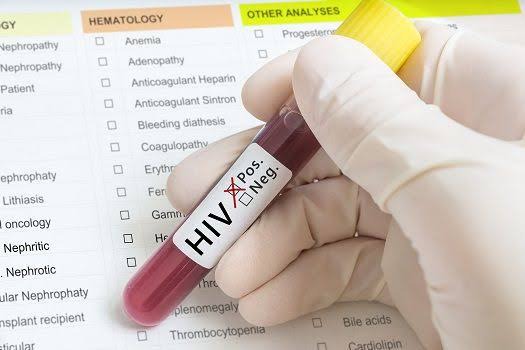
There are several reasons why someone who is HIV positive may test negative for the virus. These include:
1. Recent infection: During the first few weeks after someone contracts HIV, their viral load is often too low to be detected by standard HIV tests. This is because it takes time for the virus to replicate and build up in the body to levels that can be detected by testing. This period is known as the “window period,” and it can last up to three months.
2. HIV treatment: People who are on antiretroviral therapy (ART) for HIV may have a viral load that is so low that it is undetectable by standard HIV tests. However, this does not mean that they are cured of HIV, as the virus is still present in their body at low levels.
3. Testing too early: If someone is tested for HIV too soon after potential exposure, their test may come back negative even if they are infected. It is important to wait at least two to four weeks after exposure before getting an HIV test.
4. Faulty test: Occasionally, HIV tests can produce false-negative results. This can happen if the test is done incorrectly, if the test kit is faulty, or if the person being tested has a rare strain of HIV that is not detected by the test.

Leave a Reply